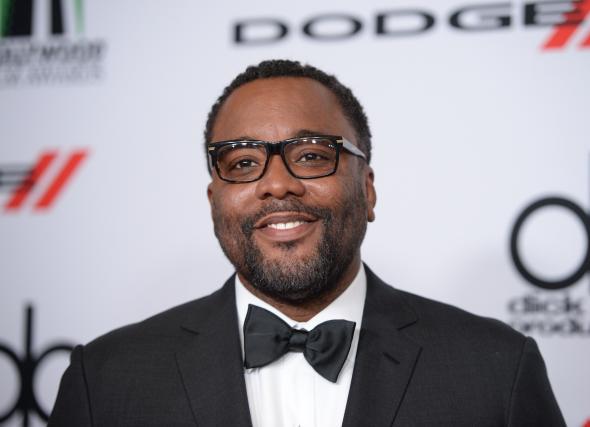When you get to interview one of the creators of Empire, you’re probably going to come out with a piece that’s almost as fascinating as anything he’s ever put on the screen. And in a roundtable discussion alongside the creators of five other hit TV shows, published yesterday in the Hollywood Reporter, Lee Daniels did not disappoint: The entire piece is worth a read. But when the subject matter turned to the hot topic of diversity in Hollywood, things got particularly interesting.
After acknowledging Empire’s impact on pop culture and race within the industry, the magazine asked the others—Beau Willimon (House of Cards), Damon Lindelof (The Leftovers), Alex Gansa (Homeland), Michelle King (The Good Wife), and Sarah Treem (The Affair): “How much pressure do the rest of you feel to populate your show and writers room with diverse talent?”
The responses seemed honest. (Daniels’ Cookie Lyon-like gut reaction was “Ah, look at all these white people! Why would you ask that damn question?”) Lindelof admitted that plans to introduce a black family into The Leftovers were nearly scrapped once Empire became a huge hit. (“It felt like now we’re just basically jumping on the bandwagon.”) For The Affair, Treem noted that she “specifically” sought out a writing room of “half men and half women,” to tell the dual perspectives of the relationship between the show’s lead characters. Daniels gave his unabashed, undoubtedly controversial take on things:
I don’t know what gives me more pleasure: watching my story unfold or going in and watching a room full of black people talking for me and writing words for black people. I hate white people writing for black people; it’s so offensive. So we go out and look specifically for African-American voices. Yes, it’s all about reverse racism!
He continued:
Daniels: Are there any African-American writers on your show?
Gansa: There are not.
Daniels: How about yours?
King: Yeah.
Daniels: How many?
King: Last season there were two, but one of them went off to create her own pilot.
Daniels: Good. How many on your show? I’m just curious.
Willimon: How many women do you have?
Daniels: We have three women.
Willimon: How many Asian-Americans do you have?
Daniels: We have no Asian-Americans.
Willimon: Just, it’s a weird question. But we have zero African-Americans in our writers’ room of six.
Daniels: I’m not here pointing a finger. I’m just curious.
Daniels may not be pointing a finger, but he is doing one of the things he does best—playing the part of provocateur. It’s a great thing to see, even necessary, especially when these questions are being asked by your peers, rather than just your audience or critics. And there’s something to be said for Daniels’ aformentioned distaste for “white people writing for black people” (which you shouldn’t take at face value considering the credited writing staff for Empire’s first season includes several non-black voices): It’s not enough for diversity to just appear on the screen. There should be a wider breadth of representation behind the camera, too. King noted that on the last season of The Good Wife, they had two black women on the writing staff, and that she found it “telling” when one of them said to her, “I’ve never been in a room where there’s another African-American woman.”
Over the last couple of months, I’ve spoken to several TV writers and actors of color about their experiences working within and navigating the industry, and many of them have echoed a common sentiment: That many of the creative movers and shakers remain oblivious—though not purposefully or maliciously so—to the idea that there are talented people of color out there to be hired in the first place. They’ll often say that they just can’t find any within the talent pool. But the people I’ve spoken to about this argue that this is probably because they just aren’t looking hard enough, or venturing outside of their small circle.
The conversation moved on to another topic soon after Lindelof’s comments above, but his statement, as well as the personal accounts I’ve heard, make it clear that the issue of representation is a deeply embedded, systematic one—one that doesn’t end just because shows like Empire are succeeding on the air.
Read more in Slate:
